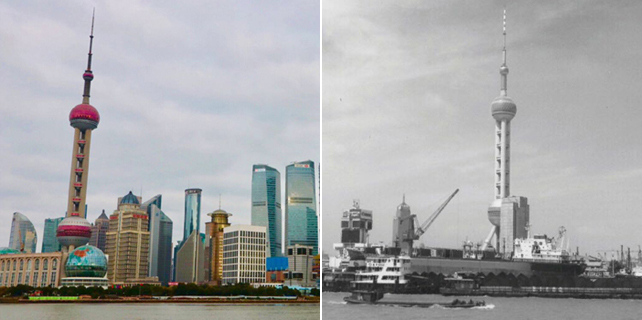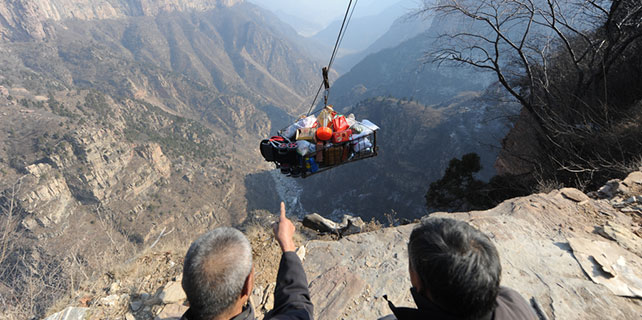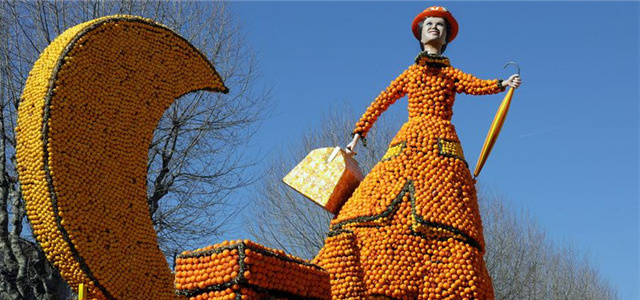Sportsmen fight Trump energy plans alongside environmental left
BIGGER THAN THE COAL INDUSTRY
The outdoor recreation industry is concentrated heavily inconservative western states and generates more than $640 billionannually, according to the Outdoor Industry Association, whichrepresents hundreds of companies and organized the pressurecampaign against Chaffetz. That figure would make the outdoorsindustry about 10 times bigger than the coal industry.
For a graphic comparing the outdoor industry's economicoutput to other sectors, see: http://tmsnrt.rs/2kHoU6U
The cause of protecting public lands is among precious fewissues that bind U.S. conservatives and liberals. Outdoorscompanies such as Patagonia and North Face are building lobbyingstrength quickly in response to rising threats to federal lands,said Jessica Wahl, government affairs manager for the OutdoorIndustry Association.
"We are a bipartisan industry," Wahl said. "We are strongerwhen talking with a unified voice.”
In one example of that clout, more than 30 companies thisweek - including Patagonia, REI, North Face, KUHL, and others –wrote an open letter to Utah's Republican Governor Gary Herbertsaying they will try to force an annual outdoor retailers’convention out of the state unless he protects public lands.
Patagonia had earlier announced it would boycott theconvention - which brings Utah about $45 million each year -because Herbert had opposed a move by former DemocraticPresident Barack Obama to protect 1.3 million acres near theiconic Bears Ears buttes.
Tawney, of Backcountry Hunters and Anglers, said he supportspartnerships with environmental groups to advocate forwilderness conservation. But he dismisses assertions that theoutdoor enthusiast organizations have become pawns of theenvironmental left.
"Everything we do is about hunting and fishing," he said.
Some traditional environmental lobbying organizations suchas the Sierra Club say they are happy to let outdoor sportsadvocates be the public face of the conservation movement. Thearguments of sportsmen tend to resonate better withbusiness-friendly Republicans and their constituents in ruralcommunities, he said.
“They speak from more of an economic voice,” said MattKirby, who directs the Sierra Club’s public lands policy workfor western states.
FISHING WITH TRUMP JR.
Elsewhere, local outdoor industry companies have had successengaging with the U.S. Bureau of Land Management (BLM) to havemore input on local oil and gas leasing decisions.
Ashley Korenblat - owner of Utah-based mountain bikingoutfitter Western Spirit Cycling and a member of the OutdoorIndustry Association - was instrumental in shaping the MoabMaster Leasing Plan, which preserves bike trails near Moab, Utahwhile allowing some oil and gas drilling.
Many hunters, fishermen and campers may not think ofthemselves as conservationists, Korenblat said, but “when youcan no longer get to the river where you fish - when the trailyou’ve been riding has been replaced by a 30-foot gravel road toa well - suddenly you really care.”
Some of the most passionate conservation advocates are inUtah, where two-thirds of the state is federally protected.
"I'm just disgusted," said Grant Bench, a fly-fishing guidewho works with Sundance Mountain Resort. "Do we see oil pumps inYellowstone next?"
Last winter, Bench said, he took Donald Trump Jr. fishing onthe Provo River. Bench told him he wants future generations ofhis family to enjoy the same pristine wilderness that currentlysustains Bench’s livelihood.
Trump Jr. agreed that preserving public lands is important,said Bench, who hopes Trump’s son will carry that message to hisfather.
Reuters could not reach Donald Trump Jr. for comment. Benchprovided a photograph of himself with Trump Jr. standing outsidein waders, waterproof pants used by fly fishermen to walkthrough streams.
The conservation battles have made Bench start to questionhis traditionally conservative politics.
"I'm leaning further left every day that this stuff goeson," he said.
















